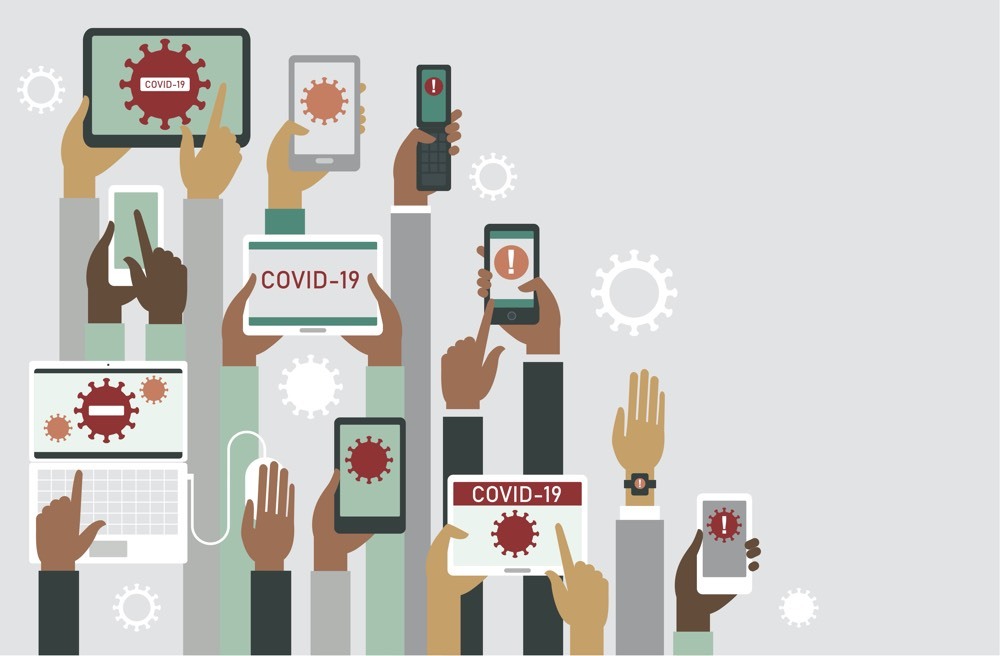
Combatting COVID-19 Vaccine Misinformation and Patient Apprehension with Orbita's Vaccine Access Clinical Program
As we make our way into 2021, the COVID-19 vaccines are being distributed to hospitals around the country and various makeshift vaccination sites are being established.
The public's response to these vaccines has been polarizing; while one perspective is of hope and relief at the prospect of a post-COVID world with widespread vaccination, another is apprehension and fear of a vaccine developed within roughly nine months. About 40% of people in the U.S. report hesitancy to take the vaccine when it becomes available to them - this is not just a minimal percentage of the population.
Why is such a large percentage of people in the U.S. wary to get the COVID-19 vaccine?
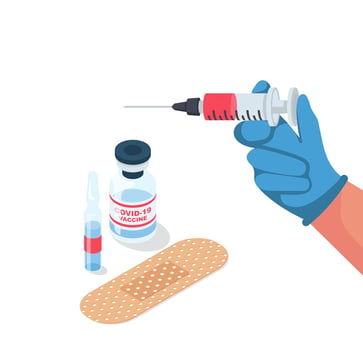 For years, scientists and healthcare professionals have tried to debunk prevailing vaccine myths such as the possibility of vaccines causing autism, that natural immunity is better, and that vaccines contain unsafe toxins. The general public's limited understanding of how vaccines actually work has only amplified apprehension to the COVID-19 vaccine. The concept of intentionally injecting the virus into the body for protection seems counterintuitive, unless you understand how that whole process works.
For years, scientists and healthcare professionals have tried to debunk prevailing vaccine myths such as the possibility of vaccines causing autism, that natural immunity is better, and that vaccines contain unsafe toxins. The general public's limited understanding of how vaccines actually work has only amplified apprehension to the COVID-19 vaccine. The concept of intentionally injecting the virus into the body for protection seems counterintuitive, unless you understand how that whole process works.
The rapid development of this vaccine is unprecedented, and has many people questioning its efficacy and safety. With many unknowns still present regarding the virus itself, there are concerns over whether this vaccine will truly protect people and if it has long-term effects of its own.
Furthermore, the politicization of the pandemic has also fueled mistrust of the vaccine. It has pushed people towards their preferred political news sources for virus and vaccine information, which may not always be accurate. One study went as far as to suggest that "the high degree of politicization and polarization in COVID-19 coverage contributed to polarization in U.S. COVID-19 attitudes."
The underlying thread fueling these attitudes of apprehension towards the COVID-19 vaccine is misinformation.
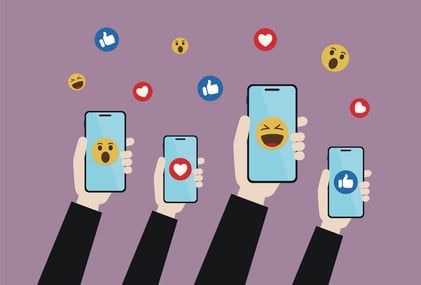
With an abundance of conversations and information circulating around the COVID-19 virus and vaccines, people are getting insight from numerous sources - but not all of them are accurate. Social media is proving to be a hotbed of misinformation about COVID-19 vaccines. In fact, the 150 largest anti-vaccination accounts on social media have gained eight million followers since January 2020.
One survey analysis revealed that the more people rely on social media as their main knowledge base for COVID-19, the more likely they are to believe misinformation about the pandemic.
"Social media posts that create the impression of a real debate over vaccine safety can tap into psychological habits that make people think doing nothing is safer than taking action,” says Damon Centola, a sociologist at the University of Pennsylvania.
While anti-vaccination movements have been present in the past, the prevalence of social media and chaos of the pandemic has only proliferated the consumption of misinformation. With close to half of the population hesitant to get the vaccine, it is essential that we address the root of the problem: access to information - specifically vetted, quality information.
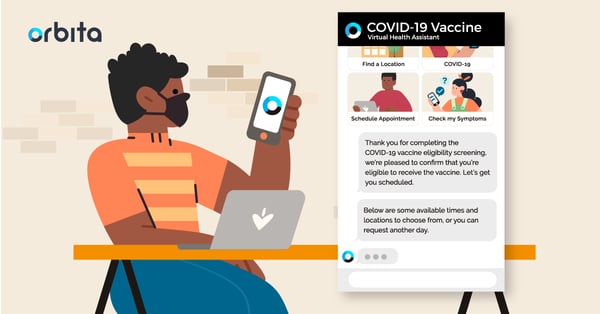
Orbita's COVID-19 Vaccine Access Clinical Program
Healthcare organizations and pharma companies are the best resources for the most accurate and well-researched information around the COVID-19 virus and vaccines - and a digital front door solution offers the key for consumers and patients to access the information they need.
To distribute this knowledge, priority must be placed on removing access barriers to this information. Orbita's COVID-19 vaccine access clinical program expands digital front door initiatives to enhance discoverability and accessibility.
Social media is highly accessible to a wide range of people, which can be both a good and a bad thing. The first step in directing people away from using social media to access what can sometimes be inaccurate COVID-19 information and general healthcare facts is by improving the discoverability of healthcare organizations.
Orbita's advanced voice and search optimization strategies can elevate healthcare organizations' online presence and direct patients to vetted, up to date COVID-19 knowledge bases. So when a patient asks Google, "Is the COVID-19 vaccine safe?" their first option will be a reputable source from the healthcare industry.
The next element of this program is curating a reliable knowledge base and making it accessible. Orbita's conversational AI technology offers omnichannel and multilingual capabilities, so patients with diverse backgrounds and varying degrees of technology literacy and comfort can have a helpful conversation with a virtual assistant about COVID-19 facts and information. The natural language processing capabilities behind this technology takes FAQ pages to the next level by delivering dynamic and personalized conversations, so that any individual can easily tap into this vetted pool of knowledge.
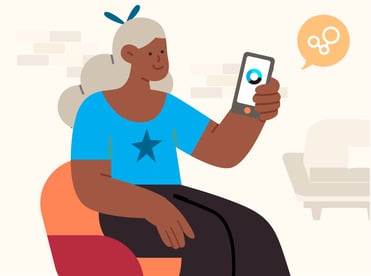 To further support discoverability and accessibility, Orbita offers proactive conversational campaigns that can nudge patients towards relevant content and encourage recommended behaviors.
To further support discoverability and accessibility, Orbita offers proactive conversational campaigns that can nudge patients towards relevant content and encourage recommended behaviors.
Arming patients with the facts is a huge step in overcoming patient apprehension and combatting misinformation - for example: no, the COVID-19 vaccine will not alter your DNA, here's why, or yes, the COVID-19 vaccine can protect you from getting severely ill from the virus.

